How to reduce energy bills with smart home technology
As Smart home technology continues to gain popularity, homeowners have been increasingly able to take control of their energy consumption, enabling them to pay lower energy bills. Wouldn’t you want to save costs and time? I know you definitely will. By reading you will learn how to reduce energy bills. If you’re just getting started, you may also want to read our guide on the Top 5 Smart Home Upgrades for New Homeowners in Ghana.
After dedicating some time to researching smart blinds, thermostats, and other smart home appliances, I found that precision is what sets them apart. For instance, your smart blinds and thermostat may react instantly to changes in your surroundings. For example, the thermostat can vary the temperature in your house based on your mood at any given moment, and the smart blind can close your window whenever the sun is directly shining on it.
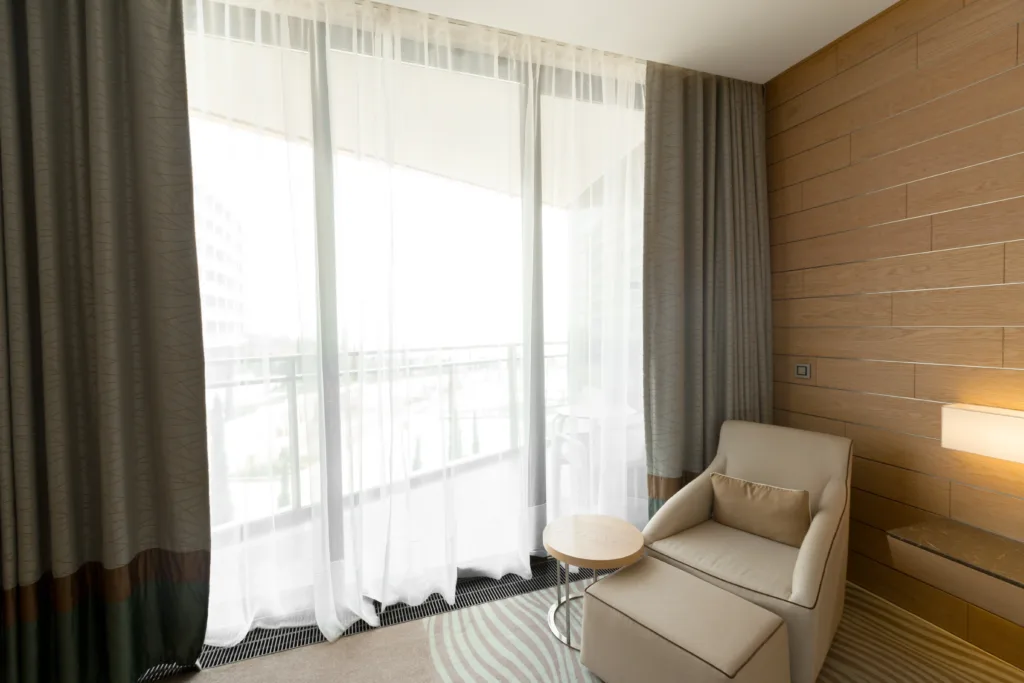
With the use of smart plugs, you can turn off electronics that aren’t in use, potentially saving up to GH¢2000 a year on energy costs from standby gadgets. Your smart home can reduce energy consumption and increase savings through automation by using these plugs. It is precisely because of their efficiency that they are referred to as “smart.”
Smart Home Ghana has executed over 500 unique projects and installed more than 10 thousand smart devices. Additionally, they have automated over 30 thousand square feet. The company provides a wide range of solutions that help homeowners automate and manage various aspects of their homes. Most importantly, these solutions aim to reduce energy costs.
Are you ready to transform your living space with smart home technology? Let’s get started.
Smart home energy-saving statistics
According to ResearchGate data, smart homes can save 30% on average on total energy consumption. They can also reduce peak demand by as much as 20%. For homeowners, this reduction results in considerable cost savings. Additionally, it draws attention to a scalable chance to raise residential sectors’ energy efficiency. Numerous technologies and gadgets are part of smart home technology. They can be combined to improve energy management.
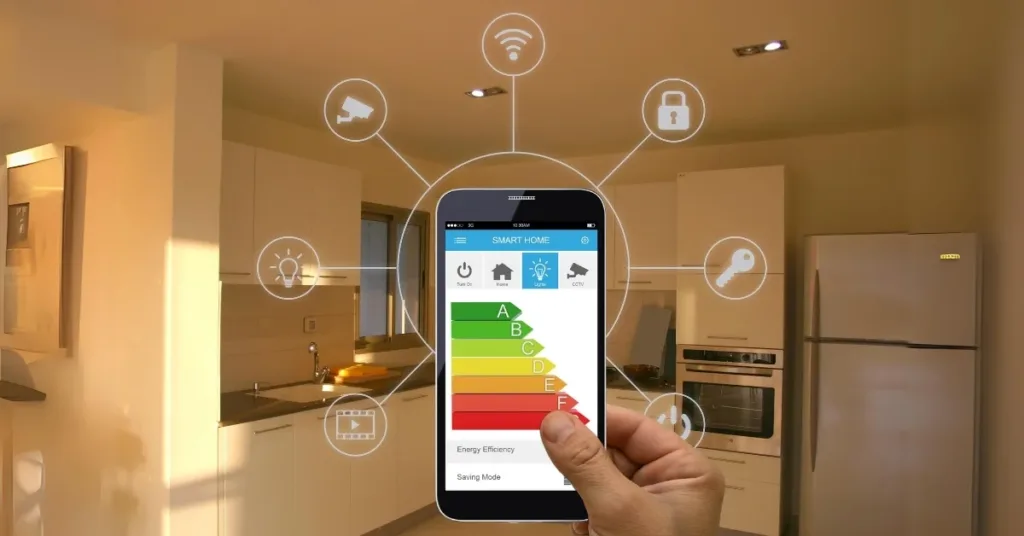
As an illustration, smart thermostats use occupancy patterns to modify heating and cooling. This minimizes energy waste while preserving comfort. To save even more energy, smart lighting systems can switch off automatically when a room is empty. Additionally, smart appliances maximize the duration of their operations. When electricity costs are reduced, they can operate during low-demand periods.
This will help reduce energy used in the grid within peak hours and save money. These advantages go beyond private families. The overall effect on energy consumption increases as more households integrate smart technologies. This change may result in less dependency on fossil fuels and a more stable energy system.
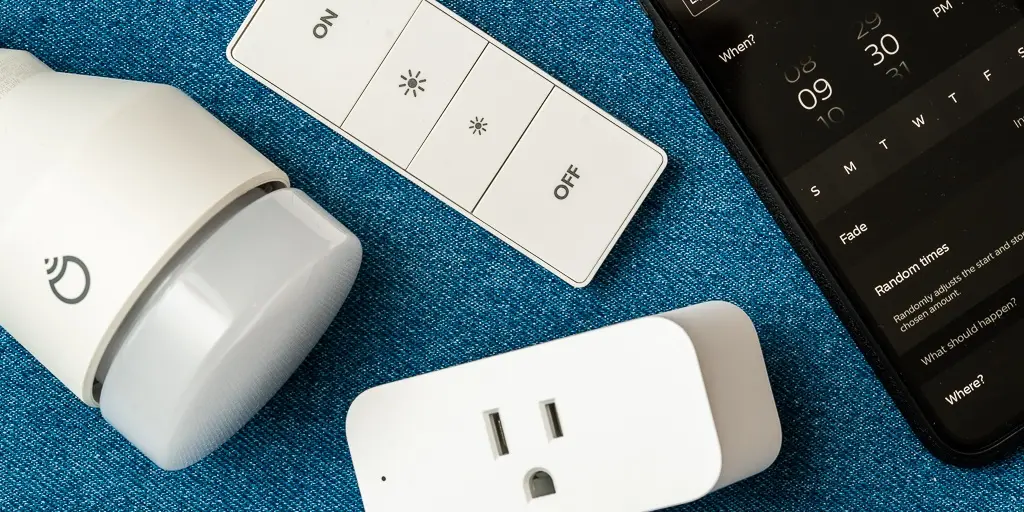
To sum up, energy efficiency through smart home technology is a bright prospect. It is very possible to reduce energy use by 30% and peak demand by 20%. In addition to supporting more general environmental aims, homeowners stand to win financially. Adopting smart home technology is a vital step toward sustainable living in the modern world, not just a fad.
Benefits of Smart Home Technology in Modern Living
Remote Control And Convenience
Think about the potential for remote control access to your home’s lights, thermostats, and appliances using voice commands or your smartphone. The technologies for smart homes make this simple.
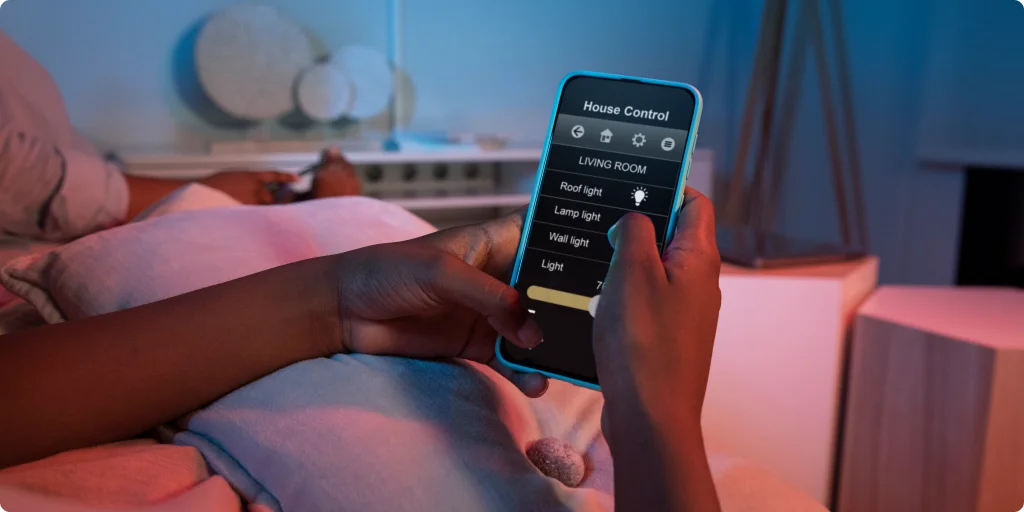
Enhanced Safety And Security
With the use of smart features like video surveillance and smart locks with smart home security systems, you can monitor your home in real-time, receive notifications about any threats, and even deter criminals. See our full breakdown: Affordable Smart Home Security for Every Ghanaian Neighbourhood.
Specialized Notifications And Alerts
Using smart home technology, homeowners can get email or smartphone notifications for every activity that takes place. Additionally, by using this security mechanism, homeowners can stop outside threats right away.
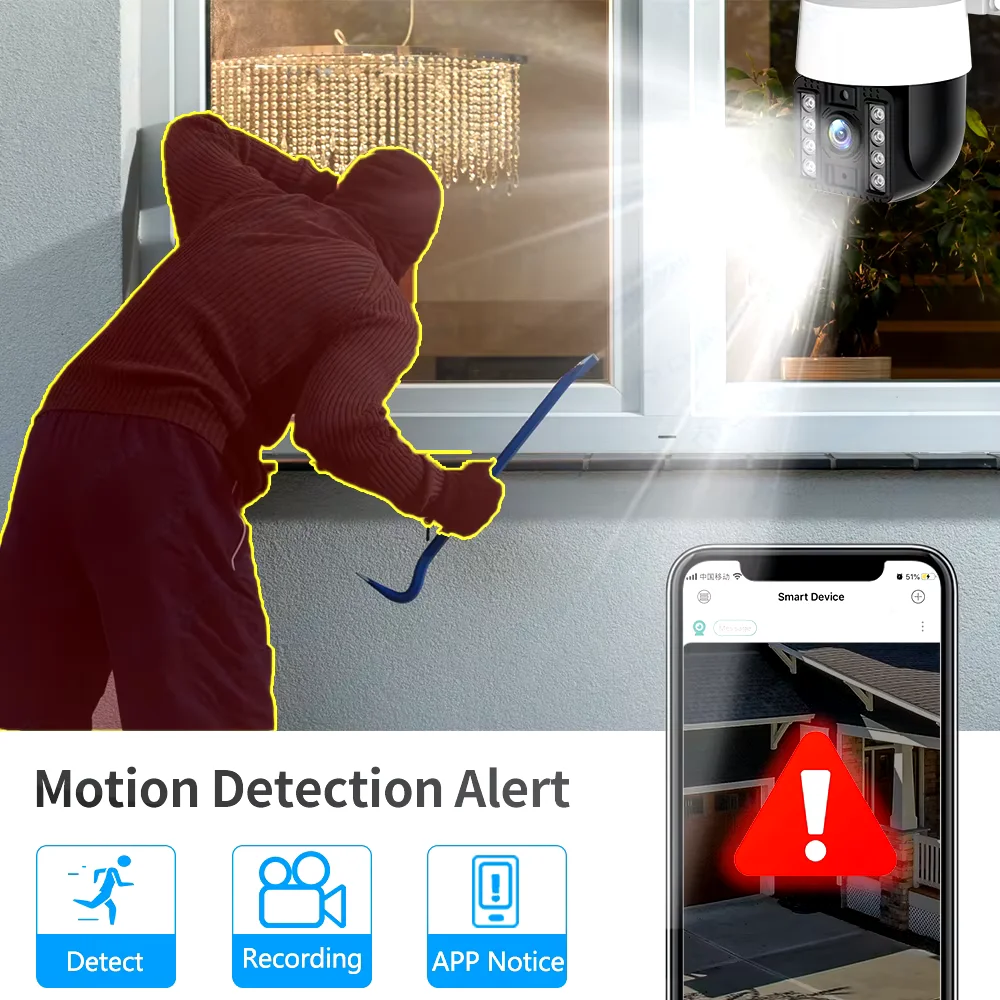
Energy Savings And Sustainability
By using smart home technology to automatically modify your energy use based on your needs and usage patterns, you can reduce your environmental impact and save money at the same time.
Enhanced Health And Wellbeing
With the use of smart home technology, you can maintain a healthy lifestyle by monitoring and controlling factors like humidity, temperature, and air quality.
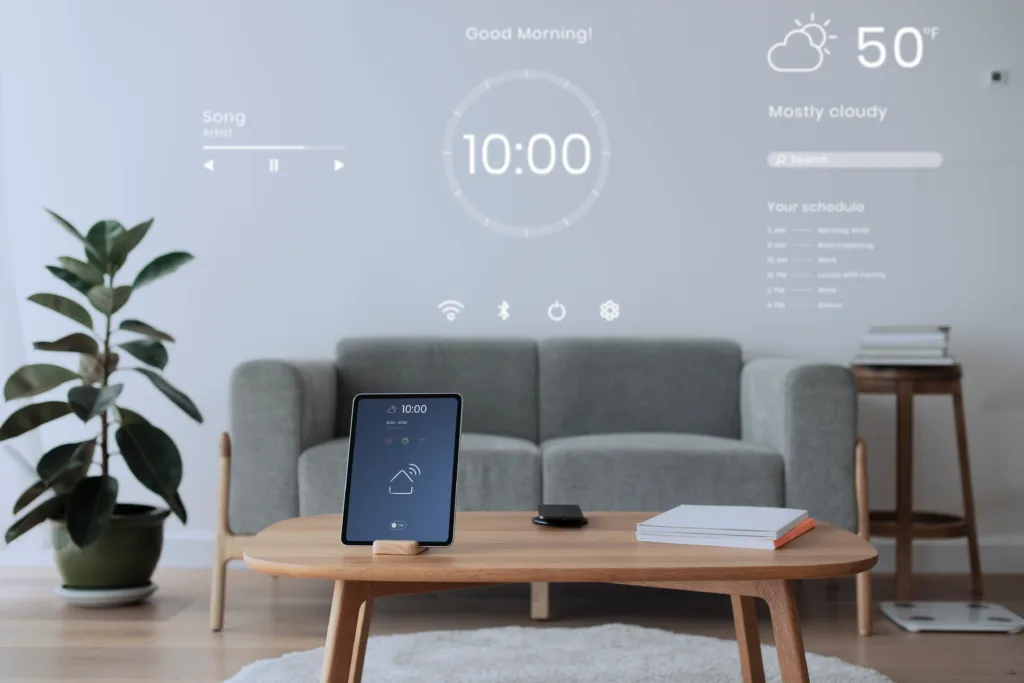
4 smart home devices that can help Reduce your energy bills
Every household appliance can now easily connect to the internet thanks to regular technological advancements. Here are some gadgets that our team of experts has tried and tested to help you reduce energy bills.
Smart LED Downlight
This smart device’s capacity to be operated by voice commands using Google Home and Alexa is one of its wonderful features. A voice command or an app control can perfectly capture every moment with this dimmable and customizable setting that comes in a wide range of hues, including RGB, cool white (CW), and warm white (WW).
These are just a few of the intriguing features. It’s interesting to note that this gadget requires little installation effort, uses less energy while maintaining excellent lighting, and is suggested for use in sitting rooms, kitchens, bedrooms, and other areas you see appropriate.
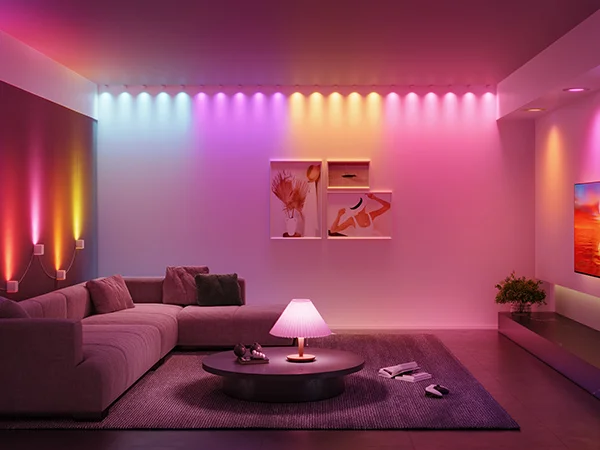
Smart LED Downlight costs between ₵70 and ₵100, depending on the manufacturer and model. For more lighting options, check our complete LED Strip Lights Price in Ghana (2026 Guide).
Smart thermostats
An affordable, convenient, and energy-efficient method of controlling the temperature in your house is smart thermostats. With the help of these gadgets, users may remotely regulate temperature settings and make modifications to save energy when no one is home or while they are sleeping. They can even react to household habits.
They range in price from $100 to $200, and by reducing energy bills, they can quickly pay for themselves, usually in a year or two. For instance, Ecobee customers report savings of up to 26%, while Google’s Nest thermostat claims savings of 10-15%, or approximately $131-145 annually.
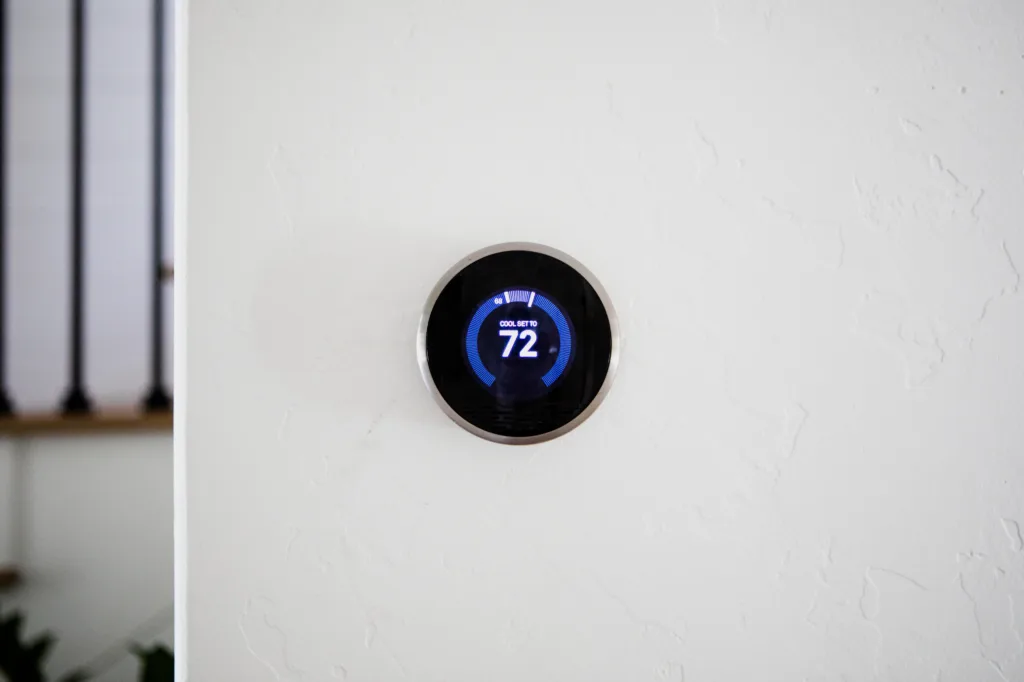
Energy Star projects a savings in utility bills of 8%, or roughly $50 per year.
Savings, however, differ depending on elements like heating systems, occupancy, and the size of the property. Smart thermostats can be beneficial for most American houses with forced-air furnaces or heat pumps, but they may have less of an effect on homes with hydronic heating.
Prior to buying, always make sure your HVAC system is compatible.
Smart Plugs
By adopting smart plugs, homeowners can effectively and economically reduce how much energy bills. With A simple voice command or just a tap on your mobile phone, your window Air conditioners, coffee makers, and even televisions.
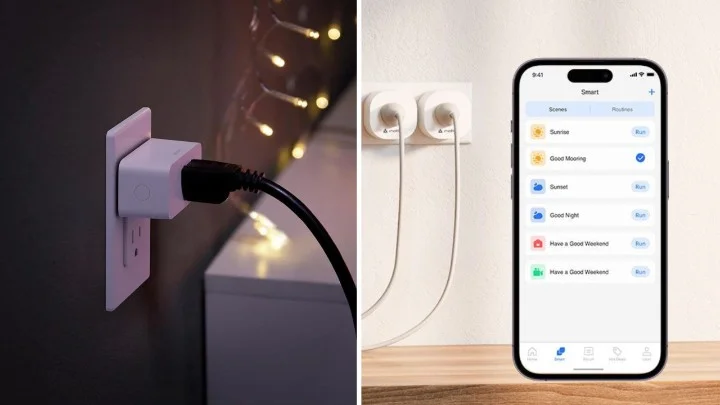
Thanks to these cutting-edge technologies that automate your home technology. Energy consumption can be readily managed throughout the day by correctly configuring smart plugs and ensuring they are connected to a Wi-Fi connection. Smart plugs allow you to switch off your electronics when not in use, which prevents wastage of energy.
Energy bills can be significantly reduced over time by effectively managing home devices and saving energy. Smart plugs offer a wise choice for contemporary, power-conscious houses since these devices not only lower energy expenses but also provide you with greater comfort by giving you control over all of your household appliances.
Smart sprinkler system
Not only is a smart sprinkler system convenient, but it’s also a water- and energy-efficient means of maintaining a beautiful lawn. These systems save water wastage and utility costs by precisely determining when to irrigate your lawn based on meteorological data and in-ground moisture sensors. With the help of an app on your phone, you can adjust the watering schedule to avoid busy times or turn it off as necessary, such as when getting up to get the newspaper.
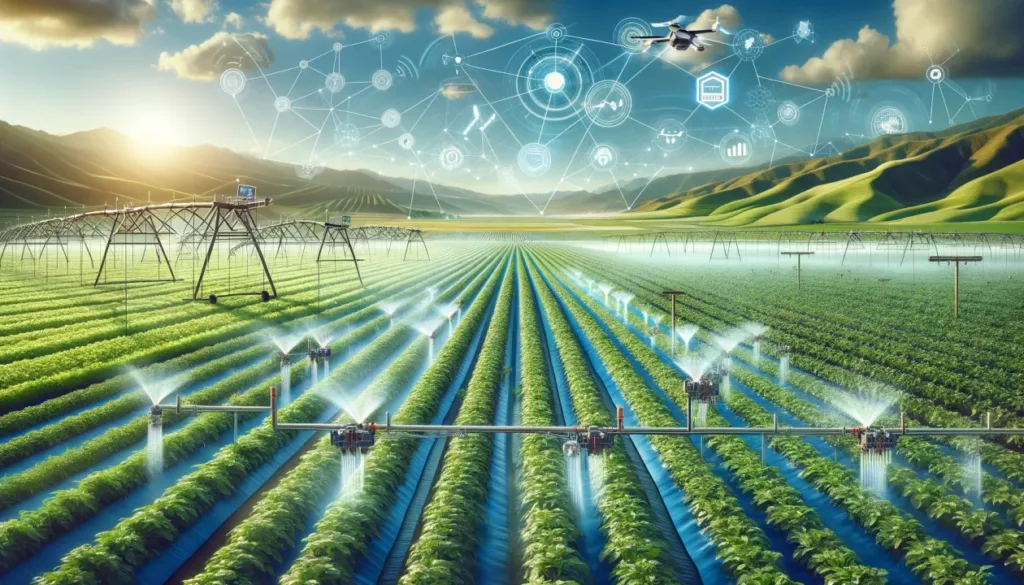
Smart sprinklers require an initial investment of $100–300, but they can pay for themselves over time, particularly if you already have an underground watering system that is wired. Smooth operation is ensured by a robust Wi-Fi connection. The EPA estimates that households with WaterSense-certified smart sprinklers save around 7,600 gallons of water a year, which reduces water usage and its negative environmental effects.
In addition to keeping your lawn healthier and greener, you’ll help ensure a more environmentally friendly future by making the most of the water you use.
Integrating Smart Home Technology in Ghana
Living in Ghana presents an ideal opportunity to adopt smart home technology, particularly in view of the increasing availability of regionally specific technology-based solutions and local providers. Incorporating technology for smart homes into your Ghanaian home has never been more accessible, offering convenience and energy conservation. A stable internet connection is key — learn more in our guide on Internet Connectivity for Smart Homes in Ghana. Worried about power cuts? Read How to Keep Your Smart Home Smart When ECG Goes AWOL for practical solutions.
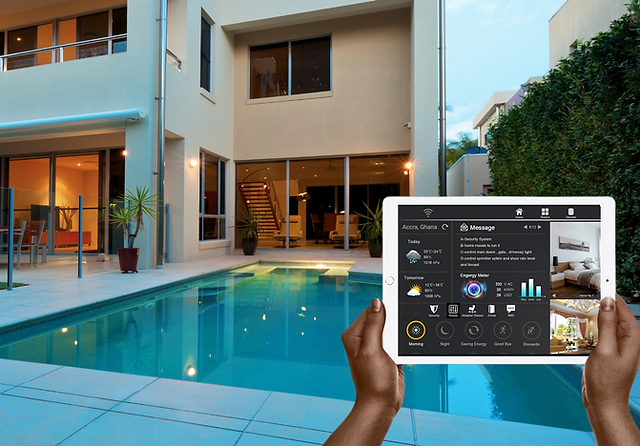
From your smart lighting systems that help manage electricity use during peak hours to smart security systems that enhance home safety, these technologies are transforming how we live. With options like smart thermostats for efficient cooling in tropical climates and water-saving smart sprinkler systems for gardens, you can optimize your home’s energy use while reducing costs. As tech adoption grows across Ghana, embracing these innovations is a step towards a more sustainable and connected lifestyle.
Frequently Asked Questions (FAQ)
1. How do smart thermostats reduce energy bills?
By lowering the demand for human interaction, smart thermostats provide more consistent energy savings. With an Internet connection, smart thermostats enable remote setting control. Over time, they collect and evaluate data, then modify demand accordingly.
2. What are the best smart home devices for beginners?
The easiest smart home appliances for novices to install and operate are the best ones. An excellent place to start is with smart outlets and plugs, which enable you to operate appliances from a distance. Additionally, user-friendly and offering instant energy savings are smart lighting systems like LED bulbs and smart switches. Because of their substantial influence on energy savings, smart thermostats are still another great option. For a complete beginner’s walkthrough, read How to Create a Smart Home on a Budget in Ghana.
3. Can I install smart home devices myself or should I hire a professional?
Many homeowners can easily install smart home appliances, such as thermostats, lightbulbs, and plugs. The manufacturer frequently provides comprehensive instructions and assistance for these products. However, hiring a professional ensures correct installation and flawless operation of more complex systems, such as whole-home automation sets or integrated security systems. Expert installers can also offer insightful recommendations on the best appliances and setups for your house. For example, smart door locks are easy DIY installs — see Where Can I Buy Smart Door Locks With Mobile App Control in Accra?
4. How secure is smart home technology?
Hackers can target smart home appliances like cameras, locks, and smart thermostats, leaving them vulnerable to viruses. To reduce these dangers, manufacturers must put strong security mechanisms in place, such as authentication, encryption, and firmware updates.
Are You In Need Of Assistance With Building Your Smart Homes?
Do you need an expert who will help you build a tech-savvy home for you with a slim budget? Smart Homes Ghana will help you with your smart home needs with technology and security recommendations.
Visit our website smarthome.com.gh today for more information about our products and services.
Related articles
Smart Homes in Ghana’s Real Estate: The Transformative Power
2025 Smart Home Trends in Ghana: AI Integration, Sustainability & Beyond
Smart Home Technologies for Property Management in Ghana
How To Create A Smart Home On A Budget In Ghana.
Smart Home Revolution: How Matter Is Transforming Our Living Spaces
Real Smart Home Projects in Ghana (With Costs and Savings)

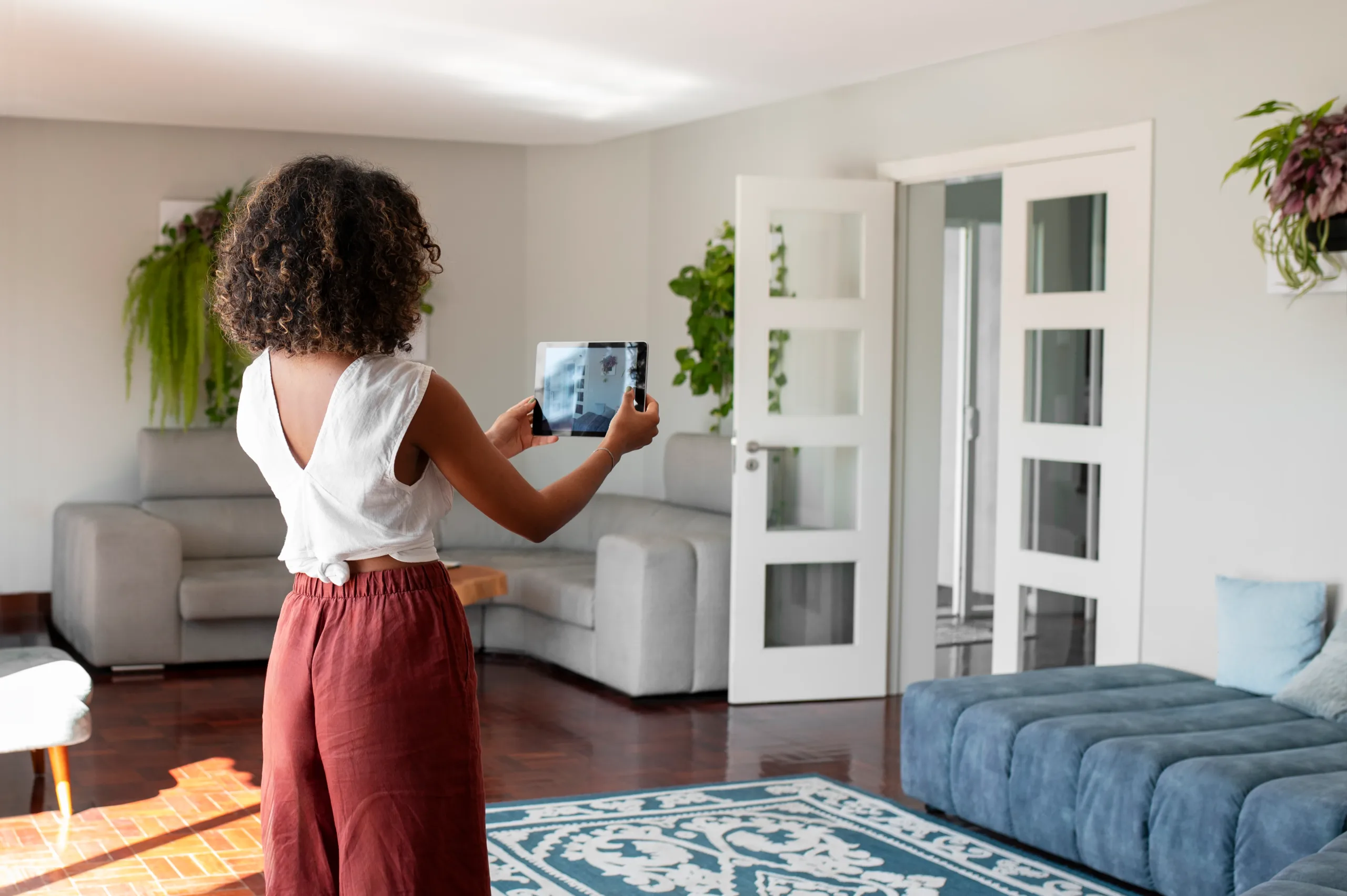

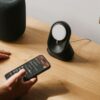





Add comment